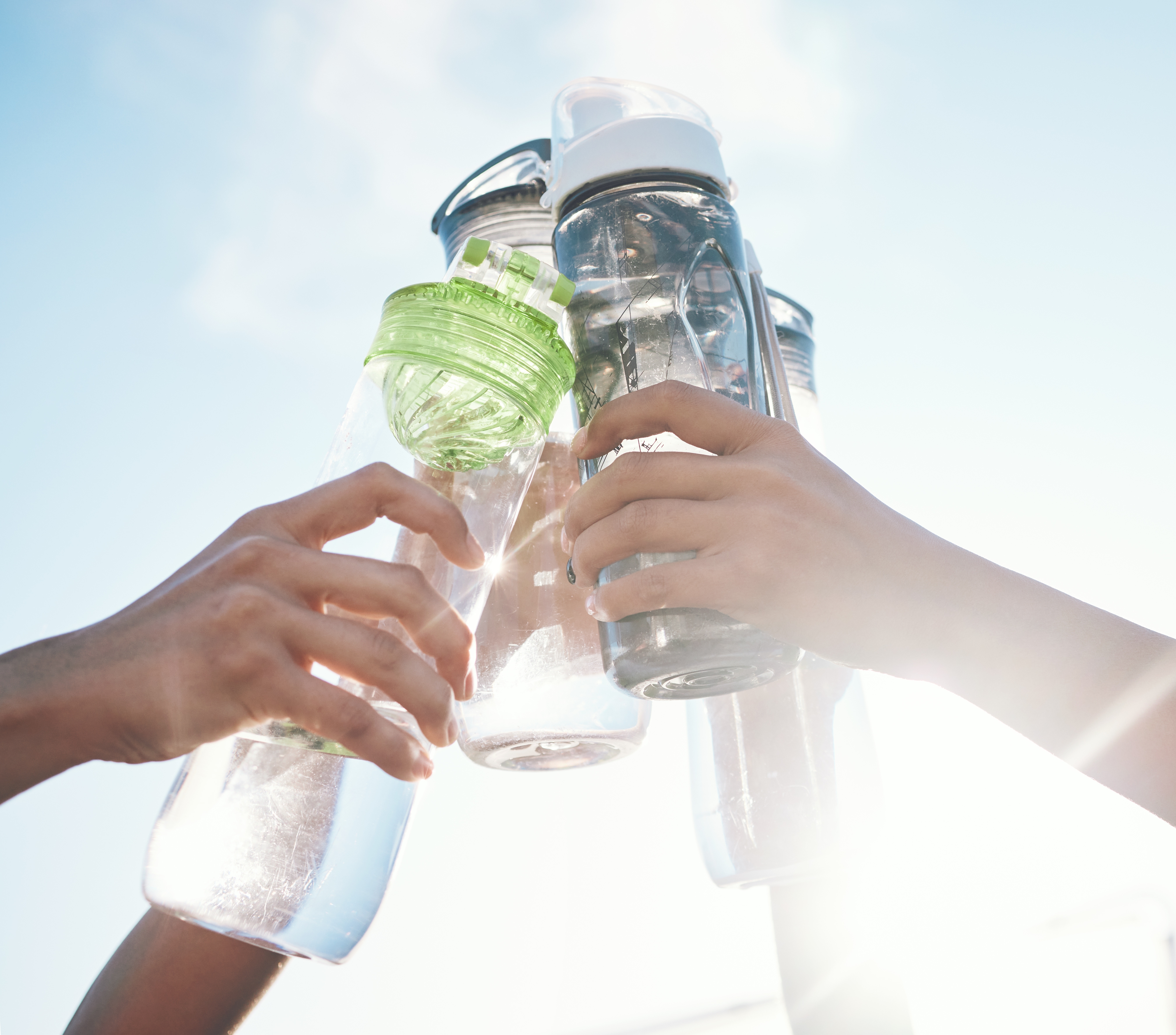
Better Mind-Body Recovery and Regeneration with ActivHealth Multibiotics ACTIVE PS128 & PS23
Better Mind-Body Recovery and Regeneration with ActivHealth Multibiotics ACTIVE PS128 & PS23 Whether you’re an athlete pushing your limits or

Hydration is a fundamental aspect of maintaining good health, yet many people overlook its importance. Proper hydration is essential for various bodily functions, including temperature regulation, joint lubrication, and nutrient transport. This article provides a comprehensive guide to understanding hydration, its benefits, and practical tips for staying adequately hydrated.
Water plays a crucial role in regulating body temperature. When you’re active or in a hot environment, your body sweats to cool down. Sweat is primarily composed of water, and if you’re not adequately hydrated, your body struggles to maintain its temperature, leading to heat-related illnesses such as heat stroke.
Proper hydration is vital for peak physical performance. Dehydration can impair strength, endurance, and overall athletic performance. Even a slight deficiency in hydration can lead to fatigue, reduced coordination, and muscle cramps.
Adequate hydration ensures that your heart doesn’t have to work as hard to pump blood through your vessels. Dehydration decreases blood volume, making your heart work harder and increasing the risk of cardiovascular issues.
Water is essential for digestion and the absorption of nutrients. It helps break down food, allowing your body to absorb vitamins, minerals, and other nutrients. Additionally, water is necessary for forming saliva and digestive juices.
Proper hydration keeps your skin hydrated and can improve its elasticity, reducing the appearance of wrinkles and fine lines. Dehydration can lead to dry, flaky skin and increase the risk of skin disorders.
Water helps flush toxins out of your body through urine and sweat. Adequate hydration supports kidney function and reduces the risk of kidney stones and urinary tract infections.
Recognizing the signs of dehydration is crucial to maintain proper hydration levels. Common signs include:
The amount of water you need can vary based on factors such as age, gender, weight, activity level, and climate. A general guideline is to drink at least 8 cups (64 ounces) of water a day. However, a more tailored approach is to aim for half your body weight in ounces. For example, if you weigh 150 pounds, aim to drink 75 ounces of water daily.
Keep a reusable water bottle with you throughout the day. This makes it convenient to sip water regularly and monitor your intake.
Use smartphone apps or set alarms to remind you to drink water at regular intervals, especially if you have a busy schedule.
Incorporate fruits and vegetables with high water content into your diet. Cucumbers, watermelon, oranges, and strawberries are excellent choices to help boost your hydration.
Add natural flavors to your water by infusing it with fruits, herbs, or vegetables. This can make drinking water more enjoyable and encourage you to drink more.
Keep an eye on the color of your urine. Light yellow or clear urine typically indicates proper hydration, while dark yellow suggests you need to drink more water.
Don’t wait until you’re thirsty to drink water. Thirst is a late indicator of dehydration, so make a habit of drinking water regularly throughout the day.
Ensure you’re well-hydrated before starting any physical activity. Drink water during your workout and rehydrate afterward to replace lost fluids.
Proper hydration is essential for maintaining good health and optimal bodily functions. By understanding the importance of hydration and following these practical tips, you can ensure that you stay adequately hydrated. Prioritize hydration to support your physical performance, cardiovascular health, digestion, skin health, and overall well-being. Make a conscious effort to drink water regularly and listen to your body’s needs to maintain proper hydration level.

Better Mind-Body Recovery and Regeneration with ActivHealth Multibiotics ACTIVE PS128 & PS23 Whether you’re an athlete pushing your limits or

How to Reduce Stress Hormones: Proven Strategies for a Healthier You In today’s fast-paced world, stress has become an almost
©2024 All Rights Reserved. WellbeingSG. Site by firefish.

Enjoy free shipping when you spend $60 or more on your order.
Enter Voucher Code: firstorderdiscount